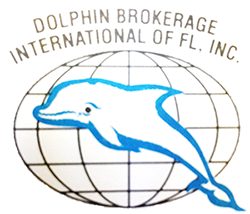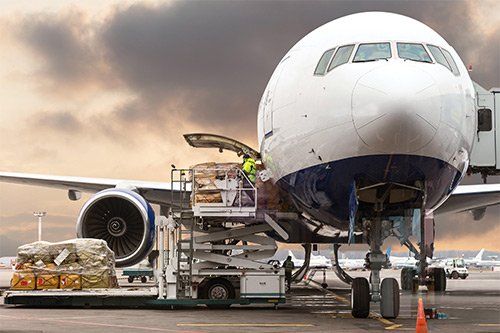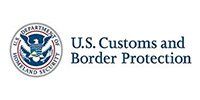Move Your Retail Business Into the Global Neighborhood
- By Admin
- •
- 04 Oct, 2018
- •

Today's retail businesses don't have to settle for a mediocre local market and limited customer base. In a rapidly developing, interconnected world, your business can serve customers and sell goods all across the globe.
But with all this potential reward come potential risks. The best way to avoid adding problems and stress is to formulate a plan for going worldwide. Follow these steps as you create and execute that plan.
Write an International Plan
Running ahead with any major change in your business can end up costing you time, money, and headaches. Start by writing down a basic plan for managing this transition. Identify what specific goals you have, what benchmarks you want to reach, and what time frame you expect. But don't leave the plan behind once you start doing research and legwork. As you learn more about the process, adjust the international business plan so that it stays relevant.
Focus Your Efforts
Don't scatter your time and energy all around the globe at first. The more you can narrow down your target audience, the better you can prepare for your business's expansion.
If you feel overwhelmed as you start to come up with a simple list of potential markets, start by ruling out countries or regions. Limiting the pool of candidates makes it easier to move on to the serious research phase. You could also define a few parameters, such as regions with a similar culture to or the same language as your home country.
You can research global markets in a few different ways. Look at trade data and statistics, which are often readily available online and through trade organizations. However, this information only gives you a broad picture. Meeting with experts in your new market and getting face-to-face information about the region's challenges and potential is an important second step.
Create a Team of Specialists
The good news is that you don't have to work in a vacuum as you become an international company. Just as you did when starting a business, assemble a team of consultants and professionals to help with specific aspects. Your team should already include your company's law firm and a CPA who's familiar with your business.
In addition, look for international transition specialists, including a globalization consultant and a customs brokerage firm. Customs and shipping is one of the more challenging aspects of international sales, so include brokers experienced in your type of goods and the regions you plan to expand into.
Learn About the New Market
Once you've chosen a market to enter, educate yourself as much as possible. There are two main differences between a home market and a foreign market: culture and law. Understanding the culture helps you learn how to have constructive meetings with local businesses or clients, how to market your product in an acceptable way, and how to demonstrate respect for the region. Learn about the region's history, its language, and its diversity.
Legal challenges can be harder to overcome, so this is where your team of consultants will be key. The brokerage company will help you ship goods within international and local laws; a local lawyer in your target country will help you navigate contracts, payment methods, and business relationships; and a local finance firm can help you avoid tax or governmental entanglements.
Certainly, taking your company international is a complex endeavor. Handled well, it could yield rich rewards for your bottom line and continued growth. Start your journey today by meeting with the international retail experts at Dolphin Brokerage International. With more than 30 years of experience shipping all over the world, we can help you manage your transition into the global neighborhood.









